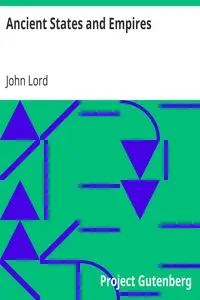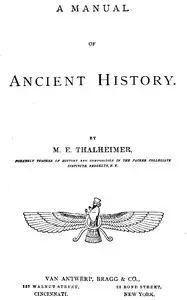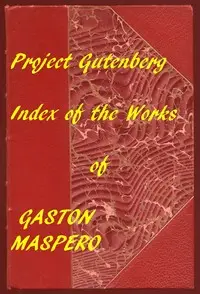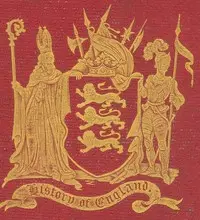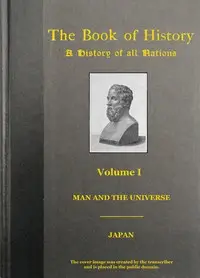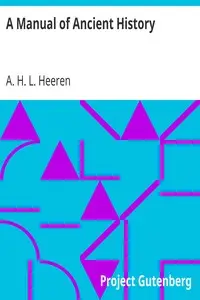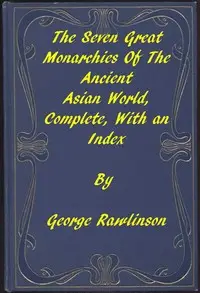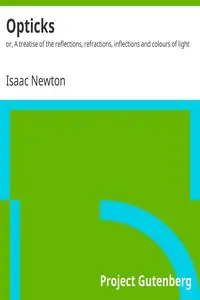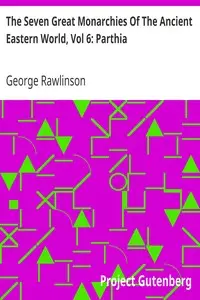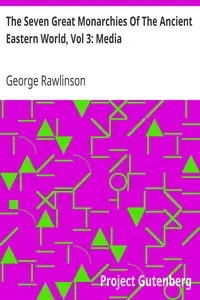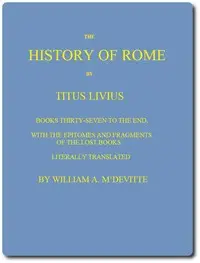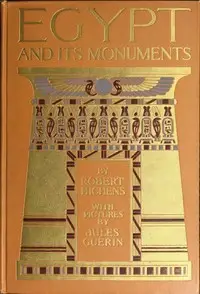"The Chronology of Ancient Kingdoms Amended" by Isaac Newton is a history book from the 1700s that untangles the timelines of old civilizations like the Greeks, Egyptians, and Assyrians. The book seeks to fix mistakes made by previous historians by carefully looking at the reigns of kings and important events in these kingdoms. The book starts with a preface offering respects to a late author and Her Majesty, and then goes on to point out the problems with the chronological accounts from Greek and Roman writers. Newton then starts on a journey to provide a clearer picture of early history and how it relates to the story of Europe.
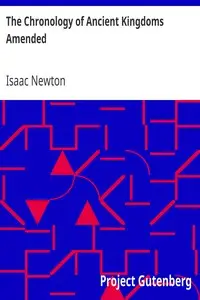
The Chronology of Ancient Kingdoms Amended To which is Prefix'd, A Short Chronicle from the First Memory of Things in Europe, to the Conquest of Persia by Alexander the Great
By Isaac Newton
Embark on a journey through time to explore the forgotten ages of kings and empires, where historical mysteries get unraveled and timelines get rewritten.
Summary
About the AuthorSir Isaac Newton was an English polymath active as a mathematician, physicist, astronomer, alchemist, theologian, and author who was described in his time as a natural philosopher. He was a key figure in the Scientific Revolution and the Enlightenment that followed. His pioneering book Philosophiæ Naturalis Principia Mathematica, first published in 1687, consolidated many previous results and established classical mechanics. Newton also made seminal contributions to optics, and shares credit with German mathematician Gottfried Wilhelm Leibniz for formulating infinitesimal calculus, though he developed calculus years before Leibniz.
Sir Isaac Newton was an English polymath active as a mathematician, physicist, astronomer, alchemist, theologian, and author who was described in his time as a natural philosopher. He was a key figure in the Scientific Revolution and the Enlightenment that followed. His pioneering book Philosophiæ Naturalis Principia Mathematica, first published in 1687, consolidated many previous results and established classical mechanics. Newton also made seminal contributions to optics, and shares credit with German mathematician Gottfried Wilhelm Leibniz for formulating infinitesimal calculus, though he developed calculus years before Leibniz.

